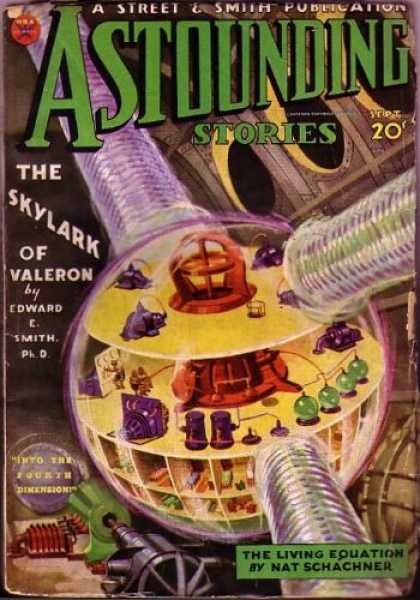|
LITR 4632: Literature of the Future |
Sample Student Final Exams 2011
|
 |
Meagan Hamlin
Less Can Be More
As a lover of nature and a lover of our planet, I
often wonder what will become of it if we continue down the road we travel now.
Our highways and beaches are covered in trash, water
and air polluted, and our natural resources are being plowed through as though
they are endless.
Green ways of living are becoming more prominent and
accepted, but not exercised widely enough.
We studied two ecotopian pieces of literature this
semester and they were my favorite to read, because I am fascinated with the
idea of living off of our land and getting back in touch with nature as they
lived long ago, as in House of Bones.
This story was a somewhat backwards look at the
future that actually took us back in time to a place where people lived amongst
each other in harmony and simplicity.
Chocco
thrusts us forward in time; however, the people live very similarly to the
village in House of Bones.
What
is the lesson to learn here? Less is more.
As a species we travel further away from nature and
advance more toward technology, but our planet is not replaceable.
As we become more careless with it, we put our own
future in jeopardy.
As I advance to graduation I often contemplate what
I would like to do with my life, and after discussing the fate of our planet so
extensively in this class I realized that we all need to do our part and I would
like to eventually be involved with environmental conservation.
Conservation of our planet can only be accomplished
if we, as a planet, make many changes, but we can learn from both
Chocco and
House of Bones how immensely
important it is, and how much it could benefit us all both environmentally and
culturally.
There
is no denying that Chocco is a warning to us, the Machine People.
The River People see similarities between the
Machine People and themselves; however, they question our intellect due to our
lack of preservation of the planet.
They do not understand how a human race could be so
selfish and careless.
Our generation seems to worry little about the
distant future only concerning themselves with instant gratification and
pleasure.
Despite all of the machinery, technology, and architecture
we have created today to make life simpler, none of it survives us leaving
little to show for our injustice to the environment.
In Chocco, Mikal speaks of the Machine People with
disgust, “They were arrogant and their survival instincts had atrophied…and so
dependent on mechanical devices had the Machine People become that they were no
longer competent to insure their own biological survival.”
Our arrogance is key to the downfall of our people.
We continue in our ways in order to make life more
enjoyable for the moment, instead of contemplating what long term effects they
will have.
If a catastrophe were to occur today very few people would
know how to survive off of the land as in
Chocco, or even as Lauren and her Earthseed followers do in
Parable.
Ernest Callenbach utilizes very real truths from
today to speak to the heart of the reader who is experiencing guilt of epic
proportions noticing the possibility of this demise for our future generations.
House of Bones
also emphasizes the importance of living off of the land, as well as the
importance of banding together as a group.
In a physical sense, we live much simpler lives than
the tribe in House of Bones, hardy
people who work hard to survive.
The narrator notices the indifference the tribe
feels for their way of life, not knowing anything different, “These are robust
people. They lead a tough life, but they don’t know that, and so their souls are
buoyant.”
Even though their lives are rough, they can depend on each
other to survive.
This sense of camaraderie is also essential in
creating an environment conducive to leading a more simple life.
When life is hard, you need more help plain and
simple.
People today are not always so willing to help each other.
The tribe tested the narrator’s sense of compassion
in order to fully take him under their wing.
These are a people that we could greatly learn from
if we took the time to study them more.
The
knowledge we could gain from reading ecotopian literature could change the way
that many people think about our environment.
Perhaps we could change things before circumstances
get so dire that we have no other choice, or perhaps we could embrace some of
their ideas.
Although I will not be teaching, I would be sure to include
some of this literature in my class syllabus if I did.
It can spur intensive class discussion, as well as
inform students of the consequences we face if we continue to disregard the
signs our planet is giving us to make a change.
I found these stories to be insightful and eye
opening, and I will carry the feeling of duty I now have to Earth as I leave
this class.
